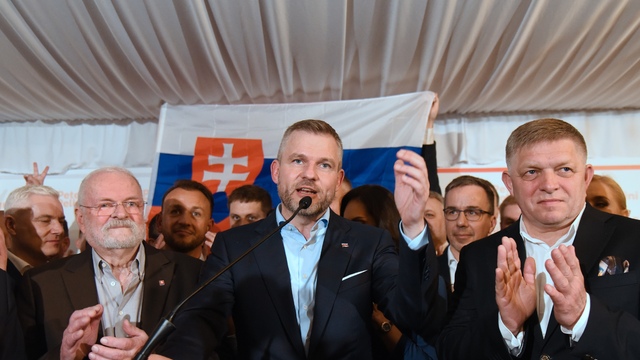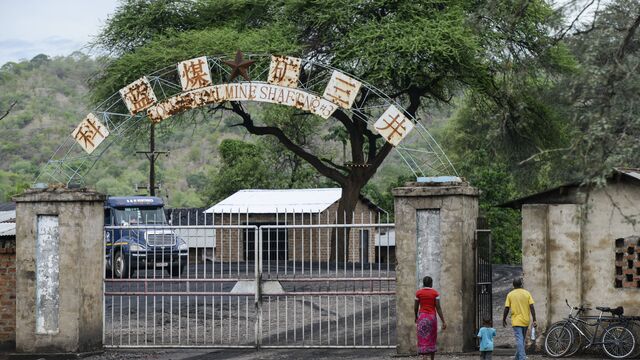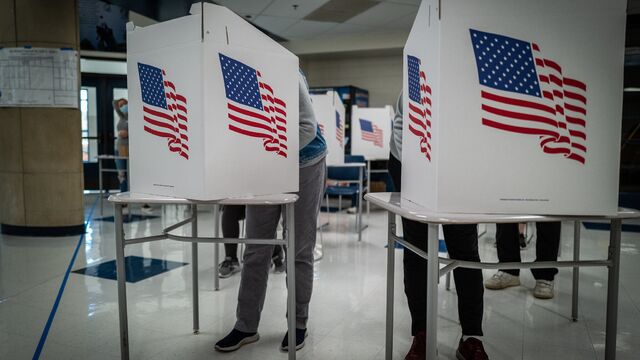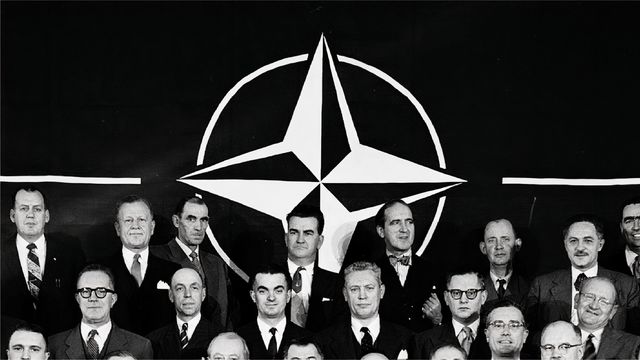Future Perspectives of U.S.-Czech Relations
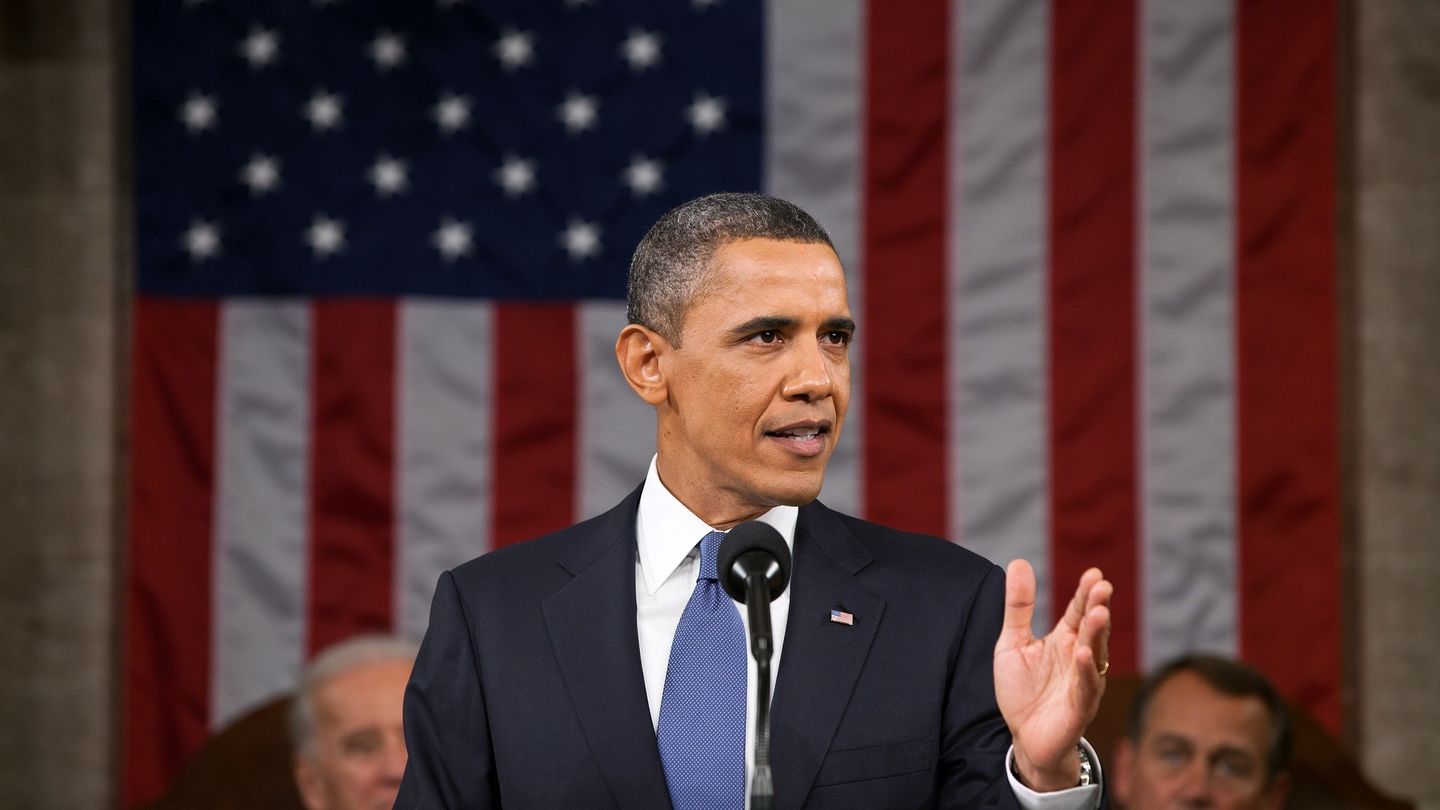
paper
In the area of security, the Czech Republic and the U.S. should build closer cooperation around President Obama’s Prague Agenda, NATO Ballistic Missile Defence project and in the field of post-conflict reconstruction while working together to mitigate obstacles to constructive NATO-EU relations. In economic relations, they should enhance cooperation taking full advantage of the Strategic Dialogue framework both in terms of discussing global and transatlantic trade issues, and in boosting bilateral commerce Regarding values, they should cooperate more on the democratic transition in Eastern Europe, including through the framework of Eastern Partnership in which the U.S. should become involved.
The United States and the Czech Republic are bound together by shared values, history, and global political, security and economic interests. In the words of Ambassador Eisen at Institute of International Relations, they are bound in a “permanent friendship”. The Czech Republic has seen the U.S. as a liberal power and the key contributor to security in the Euratlantic area. The United States could rely on Czech contribution towards promotion of human rights and freedoms and responding to the serious threats the Transatlantic community has faced in the recent past.
Following the Velvet Revolution, there has been a tendency to see the mutual relation as one of “special relationship” on the Czech Republic’s part. The indisputable excellent nature of the relations notwithstanding, this view has clouded a realistic perspective of the U.S. global concerns, and particularly in recent years it has lead to un- reasonable expectations followed by inevitable disenchantment. However, the dominant view among relevant actors presently seems to be that new ve- nues of cooperation need to be pragmatically explored. Ambassador Eisen’s call for deepened cooperation is therefore likely to fall on fertile ground.
IIR’s suggestions for such deepened cooperation, organized around the three pillars of security, economy and values he established during his speech and followed by more specific recommendations, are following:
Security
To build closer cooperation around President Obama’s Prague Agenda.
The historic city of Prague has hosted two major international security events in recent years. First, the President Obama arrived to Prague in April 2009 to announce his bold nuclear disarmament vision. Subsequently, Prague was chosen to host the summit of bilateral U.S.-Russian nuclear arms control talks in April 2010 resulting in the signature of the New START Treaty. The choice of Prague has created a unique opportunity to link the following related issue areas: bilateral strategic arms control (especially further cuts in U.S. and Russia’s nuclear arsenals); multilateral activities in the direction of future nuclear disarmament (including the reinvigoration of the non-proliferation regime); and the civilian nuclear agenda (comprising both improvements in nuclear safety as well as in ci- vilian preparedness and resilience).
There is a growing sense of ownership of the Prague agenda on the part of Czech diplomacy, attested by the forthcoming conference held at Czech MFA on April 12, 2011. A closer cooperation in this issue area would expand the value bond between the two countries. The Czech Republic, a small and to some extent cosmopolitan State once at the frontline of Cold War competition, could lend a powerful moral voice to promote the agenda.
The Czech government should strongly promote the further integration of arms-control agenda, disarmament agenda, and missile defense agenda, as this is the only possibility to achieve progress on these fronts and simultaneously maintain international legitimacy of the actions.
To enhance cooperation in NATO Ballistic Missile Defence (BMD).
Ballistic missile defence in Europe has been the Czech Republic’s priority – demonstrated, among other, in the willingness to host elements of the U.S. system – for years. Despite the major progress achieved at the NATO Lisbon Summit, a number of issues – Russia’s participation, effective multilateralization of the system (the limits of secu- rity cooperation without broader European consensus being exposed by the late plan of the “Third Site”), NATO’s nuclear posture or burden-sharing and command and control architecture – remain unresolved. Similarly minded in those areas, the United States and the Czech Republic could benefit from enhanced consultation and cooperation in those areas, which will demand effective diplomatic action. In particular, both States have the opportunity to jointly lead the allied efforts concerning the multilateralization of Europe’s involvement in BMD, specifically in the European Phased Adaptive Approach (EPAA). This leadership should not be restricted to hosting elements of the system but should also feature strong diplomatic action supporting the rationale of the system and its external legitimacy (Russia, China).
The Czech government should promote bilateral research and technological cooperation which would draw on the 2008 U.S.-Czech cooperation framework agreement. In addition, Czech industrial base should be offered for co-development and co-production of military technologies needed for EPAA. This would ultimately serve not only security, but also political and economic interests of the Czech Republic. Finally, the Czech Republic should facilitate the technological communication between the EU (European Defense Agency) and the U.S.
To further support cooperation in post-conflict reconstruction and work together on overcoming obstacles to efficient NATO- EU cooperation
The same is true of the strained NATO and the EU’s relations, where progress promises to yield fruit mainly at the level of crisis management operations. The Czech Republic has proved to be a responsible partner on which the U.S. could rely in the post-conflict reconstruction of Afghanistan. Due to its contribution, the Czech Republic can be one of the decisive partners to help overcome the NATO-EU current strains.
At the level of the NATO-EU strategic dialogue, both States should work together at a two-track diplomatic action to overcome challenges to more efficient cooperation as a consequence to the Cyprus issue while fully exploring the potential, pending the final resolution of the conflict, for practical informal cooperation. It should also be a strong element of the Czech Republic’s Eastern / EU integration policy to promote enhanced involvement of the candidate countries which are members of NATO or Partnership for Peace in CSDP activities.
As the life cycle of the PRT model as applied by NATO ISAF coalition to Afghanistan’s territory gradually reaches its end, the Czech Republic can play a decisive role in the transition process in Afghanistan. In the post-2012 period, the Czech Republic will support the U.S. activities by refocusing on training and mentoring role as its currently prepared plans to be one of the lead nations in the new Afghanistan National Police Training Center in the Wardak Province. Thus, it can help to facilitate the deeper cooperation between NATO and the EU to the benefits of all allies, most importantly the United States.
Informally, the Czech government has been considering withdrawal of the Czech PRT from the Lógar Province after the current mandate expires in 2012. It would be a mistake to do so as the most productive way to further the Czech work and use the country’s experience is to form a bi-national PRT in the Lógar Province. The civilian part would be provided by the Czech Republic and the military side by the United States (Shank Base). Since the U.S. Government has been greatly interested in the Czech civilian expertise in Afghanistan, this is seen as the most productive way for the post-2012 transition period.
Economy
To enhance cooperation taking full advantage of the Strategic Dialogue framework
In exploring the possibilities for deeper cooperation in this area, the strategic dialogue, so far more or less limited to security issues, promises to offer a useful framework. The United States and the Czech Republic share preference for liberalization of trade both at the global level (Doha Round) and in the Transatlantic commerce. While currently accounting for 1/3 of global trade and more than 1/2 of the world’s GDP the latter continues to be impeded by excessive regulatory barriers. Inasmuch as most of the pending issues are technical rather than strategic and therefore fall the purview of the Commission (i.e. Transatlantic Economic Council), the Czech Republic should be active in advancing its strategic priorities at the intergovernmental level, while the United States should take full advantage from having a similarly minded partner in the Council.
In bilateral relations, there has been an interest by the Czech Republic to expand the scope of the Strategic Dialogue to include economic agenda. Promising steps have been taken in the field of civil nuclear energy. But the strategic dialogue proposes also a framework to boost bilateral trade relations, scathed in recent years by the decline of total revenue both in absolute terms (due to the global stagnation) and compared to other EU States. The Czech Republic would also welcome extended support by the United States to the Southern Corridor where, given Azerbaijan’s duplicitious dealing with the EU, the construction of the Nabucco gas pipeline is all but secured. At the same time, it has been exploring other options to increase its
energy security by taking advantage of the expanding global LNG market, and may in time, should the construction continue to be delayed, come to regard the Nabucco project as less of a priority than it has done in the recent past.
For the Czech government, it is imperative that Temelin tender does not overlay in the political debate other agenda of bilateral relations, as was once almost the case with the BMD. Instead, the potential use this issue area to form more permanent venues of future cooperation should continue to be explored. It should be remembered that origins of both the strategic dialogue and research cooperation agreements, now fundamental framworks for future cooperation, can be traced to the radar negotiations. This call is to become ever more urgent with the progressive politicization, and possibly securitization, of the tender that can be expected in near future.
The U.S. government should fully support extension of the Strategic Dialogue, valued by the Czech Republic as a framework for ever deeper relations, to economic areas. This may entail consultations on global and Transatlantic trade issues (where the Czech Republic’s voice is not among the strongest, but can still be important in the Council’s negotiations), but also exploring possibilities for boosting bilateral commerce.
Values
To cooperate more on democratic transition in Eastern Europe.
The cooperation in the area of human rights and civic freedoms, both at the international fora and on the ground, has been a backbone of the mutual relations for decades now. Enhanced cooperation in this field is desirable in Eastern Europe. Outlined by Vice-President Biden’s Bucharest Speech, it could be facilitated by involvement of the United States in the EU’s Eastern Partnership. The Czech Republic has been one of the chief advocates of the initiative, which currently needs reinvigorating, given the recent pressure by some EU’s States to refocus ENP on its Southern dimension or more lasting challenges such as Russia’s responses to the EU’s role in its near neighbourhood and less than enthusiastic participation of some Partner States in absence of clear promise of EU’s accession. It is also to the benefit of the United States to continue its support – and if possible, to expand it – to unformalized cooperation in development projects aimed at promotion of good local governance and civil society in Eastern Europe by means of co-financing projects of well-placed Czech NGOs (such as is currently done by National Endownment for Development).
The U.S. government should continue its interest in the Eastern Partnership as a meaningful instrument to bring about more intensified cooperation with the EU in democratization of the Eastern Europe. The Eastern dimension of ENP, in which governance and civil society play important part alongside market reforms, is now more than ever in need of political reinvigoration that the United States can contribute to. Both Poland and the Czech Republic are natural partners for the United States in fostering cooperation with the EU in this region. Besides the continued advocacy of Eastern Partnership, where its interests coincide with those of the United States, the Czech government should take active interest in the currently undertaken preparation of the U.S.-EU aid working programme in order to ensure that the final outcome reflects its priorities. Consultations with the United States, given shared preferences and past record of cooperation, would be desirable to facilitate such outcome.
